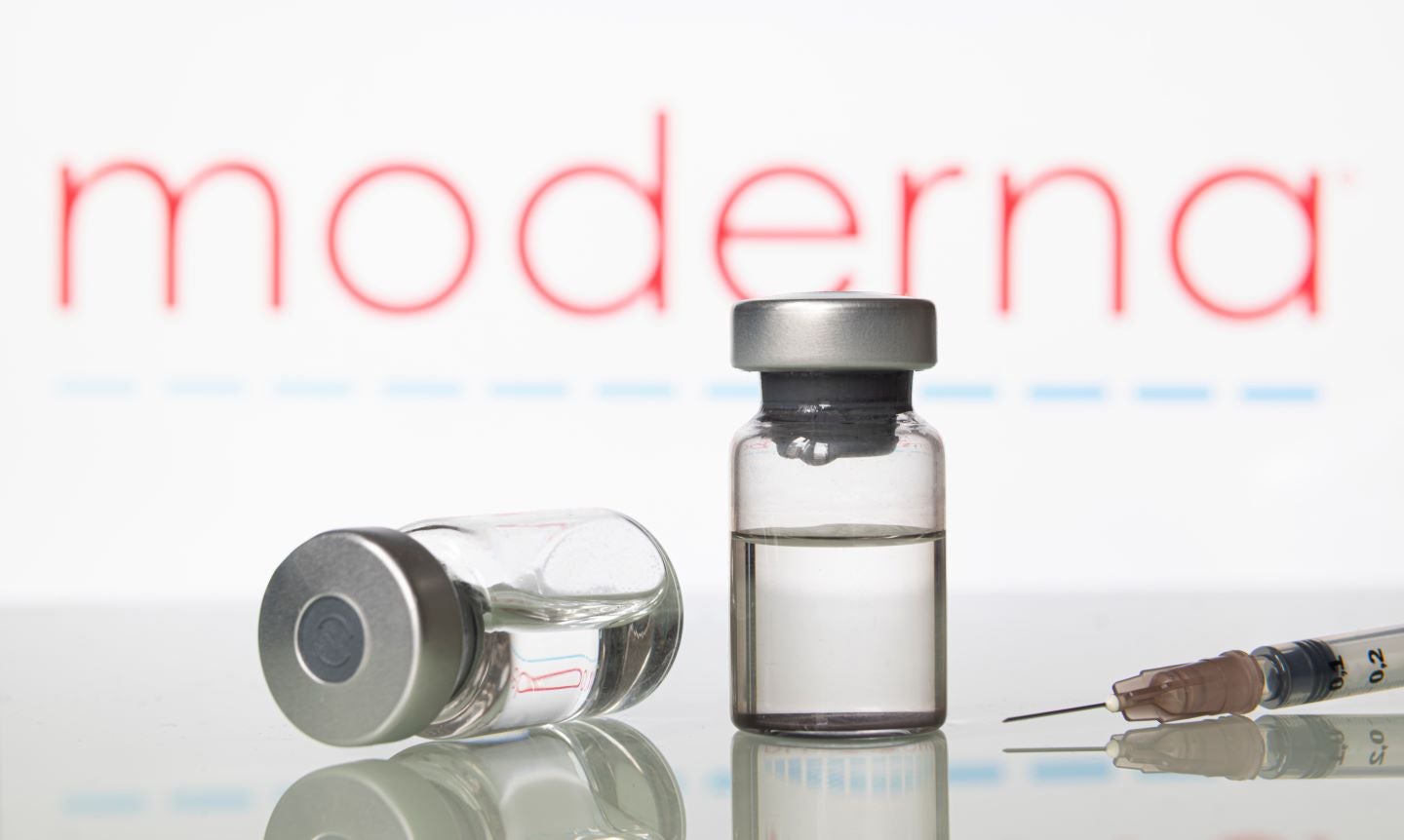
Moderna and Merck (MSD) have reported follow-up findings from the Phase IIb KEYNOTE-942/mRNA-4157-P201 clinical trial of mRNA-4157 (V940) plus Keytruda to treat resected high-risk melanoma (stage III/IV).
The randomised, open-label trial enrolled 157 high-risk stage III/IV melanoma patients.

Discover B2B Marketing That Performs
Combine business intelligence and editorial excellence to reach engaged professionals across 36 leading media platforms.
After completing surgical resection, the trial subjects were randomised into a 2:1 ratio to receive mRNA-4157 and Keytruda compared with Keytruda alone for nearly a year until the recurrence of the disease or unacceptable toxicity.
Recurrence-free survival (RFS) is the trial’s primary endpoint while distant metastasis-free survival and safety are the secondary endpoints.
mRNA-4157 (V940) is an investigational messenger RNA (mRNA)-based individualised neoantigen therapy (INT) while Keytruda is MSD’s anti-programmed death receptor-1 (PD-1) therapy.
After a median follow-up of nearly three years, adjuvant treatment with the INT plus Keytruda provided clinically meaningful RFS improvement.

US Tariffs are shifting - will you react or anticipate?
Don’t let policy changes catch you off guard. Stay proactive with real-time data and expert analysis.
By GlobalDataThe combination regimen was also shown to cut down the recurrence or mortality risk by 49% versus Keytruda alone.
It also offered a 62% decline in distant metastasis development or morality risk versus Keytruda alone.
Adverse events linked to mRNA-4157 (V940) in the trial were in line with those seen in previous studies.
Fatigue, pain at the injection site and chills were observed to be the most frequently seen adverse events of any grade attributed to the therapy.
Moderna development, therapeutics and oncology head and senior vice-president Kyle Holen said: “As we continue to follow participants in the KEYNOTE-942/mRNA-4157-P201 study, we are excited to see such a robust clinical benefit with mRNA-4157 (V940) as adjuvant treatment in combination with Keytruda in people with resected high-risk melanoma.
“These data add another positive analysis to the multiple endpoints and subgroups previously assessed in this study. Importantly for this technology, the KEYNOTE-942/mRNA-4157-P201 study was the first demonstration of efficacy for an investigational mRNA cancer treatment in a randomised clinical trial and the first combination therapy to show a significant benefit over Keytruda alone in adjuvant melanoma.”
The latest development comes after the companies enrolled the first subjects in the Phase III INTerpath-002 trial pf mRNA-4157 (V940) plus Keytruda in small cell lung cancer patients.





